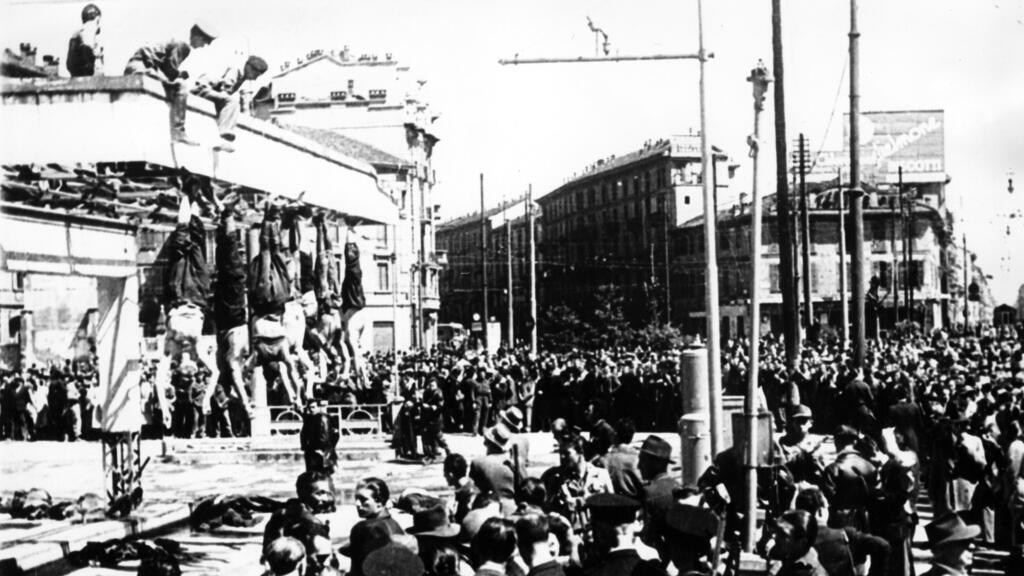Mussolini's Execution and Legacy in Modern Italy
On April 28, 1945, Italian dictator Benito Mussolini, alongside his mistress Clara Petacci, met a grim fate at the hands of Italian resistance fighters. This execution marked a significant turning point in Italy's history, symbolizing the end of fascist rule that had plagued the nation for over two decades. The following day, both bodies were publicly displayed in a Milan square, where they were subjected to mockery and abuse from an enraged mob. This moment underscored the overwhelming disdain for Mussolini and his regime, which had led Italy into World War II and caused immense suffering among its citizens.
However, the perception of Mussolini and fascism has undergone a notable transformation over the past eighty years. Once universally condemned, the legacy of fascism in Italy has seen a resurgence of interest, even nostalgia, among certain segments of the population. This shift raises important questions about national memory, identity, and how societies come to terms with their past. Various political factions and movements have emerged that draw inspiration from Mussolini's era, often romanticizing his regime's strongman image and nationalistic rhetoric.
The evolution of this sentiment is not just an isolated phenomenon; it reflects broader trends in global politics where populist movements tap into the dissatisfaction many feel towards contemporary governance. In Italy, economic challenges, regional disparities, and immigration issues have led some to yearn for the perceived stability of the past, with certain individuals looking back at Mussolini's regime as a "golden era." This has led to a contentious debate within Italian society about the boundaries of political discourse and the implications of revisiting such a controversial historical figure.
Support for Mussolini’s legacy has manifested in various forms, including the rise of far-right political parties that espouse similar nationalist and authoritarian ideals. These groups often downplay the violent aspects of fascism, focusing instead on themes of national pride and cultural identity. This has drawn criticism from historians and social commentators, who argue that romanticizing such a dark period in Italian history poses a threat to democratic values and social cohesion.
Moreover, this nostalgic fascination with Mussolini has spurred discussions about historical revisionism and the importance of education in shaping public perceptions. The way history is taught and remembered plays a crucial role in preventing the normalization of extremist ideologies. Activists and educators stress the need for comprehensive curricula that include critical analyses of fascism's impact on Italian society to counteract the growing trends of nostalgia.
In conclusion, the image of Benito Mussolini has transformed from one of infamy and disdain to that of a contentious symbol of national identity for some in Italy. As the country reflects on its tumultuous past, the enduring legacy of fascism continues to spark debate and division, challenging society to reconcile its history with the values of contemporary democracy.












